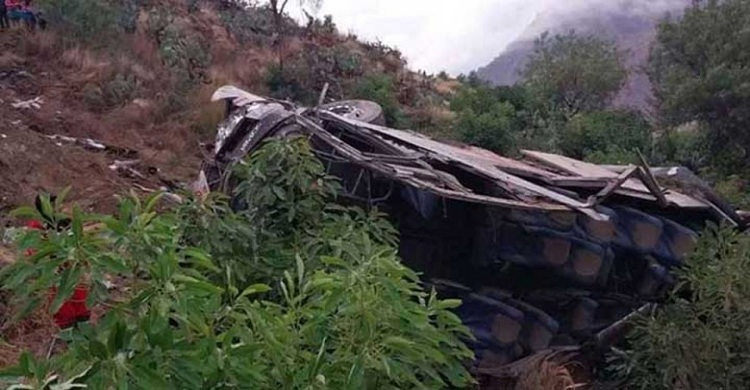
- International
Greece fires: Firefighters from several European countries join battle on Evia island
- International
- 11 August, 2021 03:16:26
News Desk: Firefighters from several European countries are helping Greek teams on the island of Evia to contain wildfires raging near a major town.
Water-bombing helicopters are dousing the flames near Istiaia, at the island's northern tip. Ukraine, Romania and Serbia sent help to the fire zone.
Evia is just north of Athens, where fires on the northern outskirts are now less intense.
Besides Greece, there are also big wildfires in Italy, Algeria and Russia.
Thousands of people have been evacuated from villages in Greece, which is also getting firefighting help from some other EU countries, Israel, Switzerland and the UK.
The EU said it was mobilising "one of Europe's biggest-ever common firefighting operations" to help Greece and other affected countries.
Firebreaks have been created around Istiaia, where Mayor Yiannis Kontzias said: "We have managed to control this front because we doused it from the land and air."
More than 850 firefighters are being assisted by at least a dozen helicopters.
More than 500 wildfires have been raging across Greece this month, fuelled by strong winds and parched vegetation. Foreign teams are also helping to tackle blazes in the Peloponnese.
The wildfires have also proven deadly for migrating storks. Every year the birds head south near Athens to winter in Africa, but now they have turned up in parts of the capital for the first time, apparently confused by the billowing smoke.
"It is the first time we have had so many dead storks in Athens," said Maria Ganoti of Anima, a conservation group which is rescuing injured birds. "People in Athens are picking up dead storks from their lawns."
The current heatwave has pushed temperatures to 45C in Greece and parts of southern Italy.
On Monday Greek Prime Minister Kyriakos Mitsotakis apologised for failures in tackling the wildfires. "We may have done what was humanly possible, but in many cases it was not enough," he said.
Villagers on Evia have complained that the water-bombing aircraft arrived on the scene too late, and had to contend with thick smoke, making their job more difficult.
"I completely understand the pain of our fellow citizens who saw their homes or property burning," Mr Mitsotakis said on TV.
But he said Greece was "facing a natural disaster of unprecedented dimensions".
Fires in Algeria and Russia
The Mediterranean heatwave has also led to the spread of wildfires across southern Italy, with Calabria, Puglia and Sicily the worst-hit regions. Several hundred blazes are reported.
News reports in Algeria speak of dozens of wildfires there and at least 10 deaths in the blazes.
Tizi Ouzou in the north-eastern Kabylie region is the worst affected, AFP news agency reports. Algerian state TV said the blazes were "enormous and started deliberately".
A vast expanse of forest in Russia's north-east is also in the grip of wildfires - an emergency that prompted President Vladimir Putin to order reinforcements to the region.
Yakutia is sparsely populated and is Russia's coldest region in winter. More than 60,000 sq km (23,166 sq miles) of forest has been ravaged by fire in Yakutia. Fires have also swept through 1,230 sq km in Irkutsk region.
Climate change increases the risk of the hot, dry weather that is likely to fuel wildfires.
The world has already warmed by about 1.2C since the industrial era began and temperatures will keep rising unless governments around the world make steep cuts to emissions.
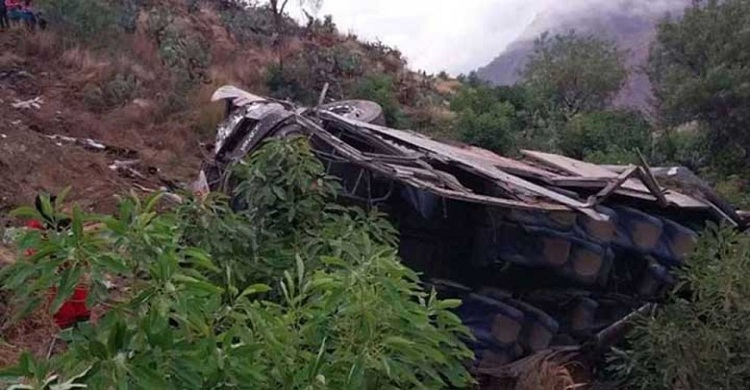

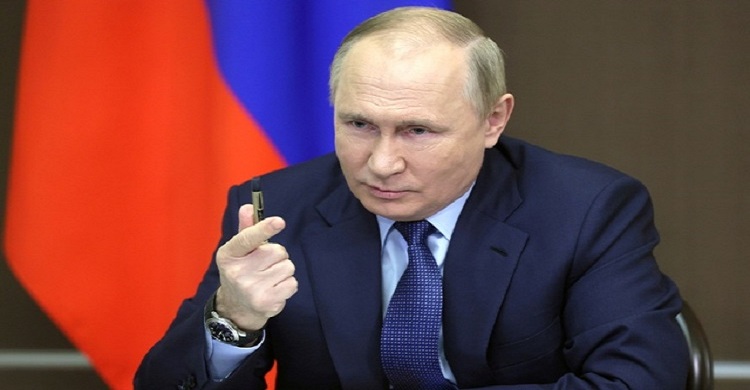
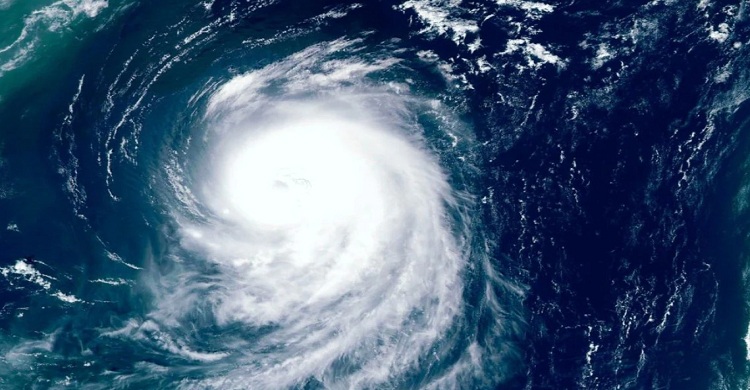



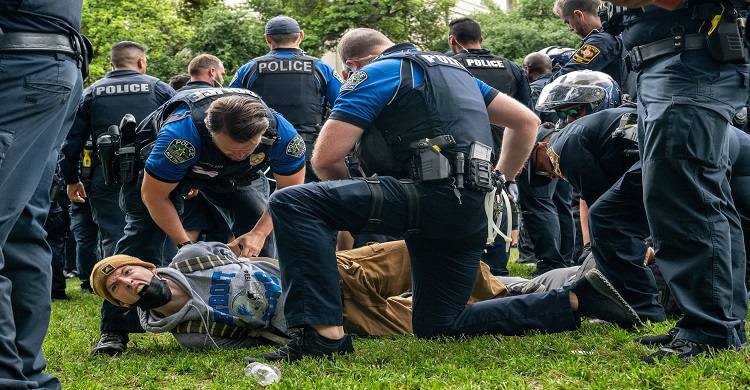
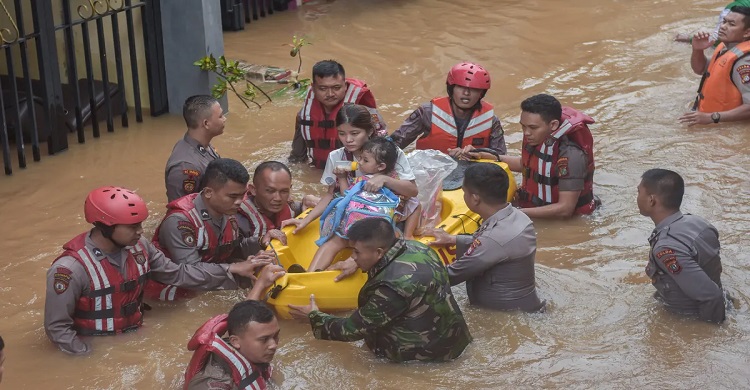
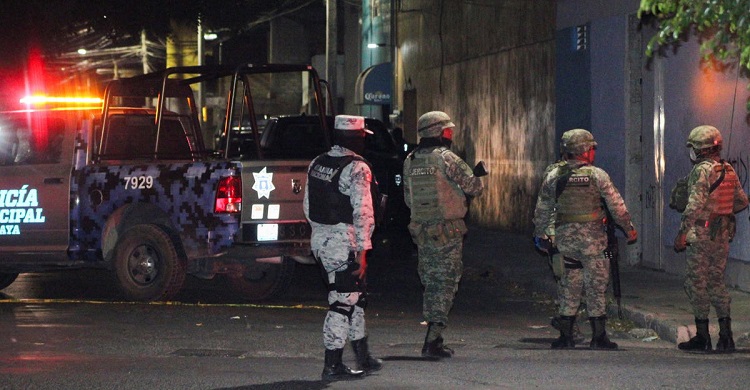

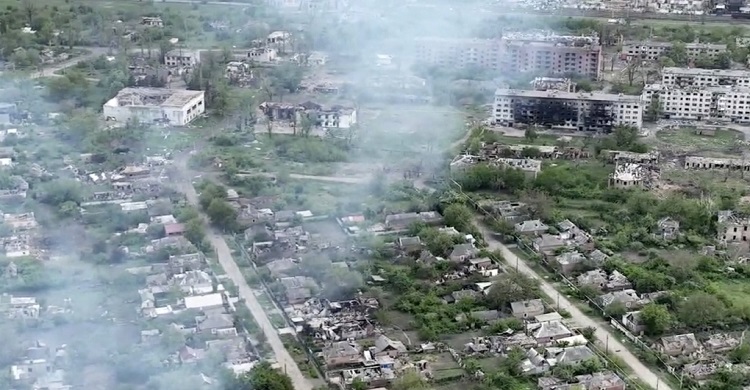
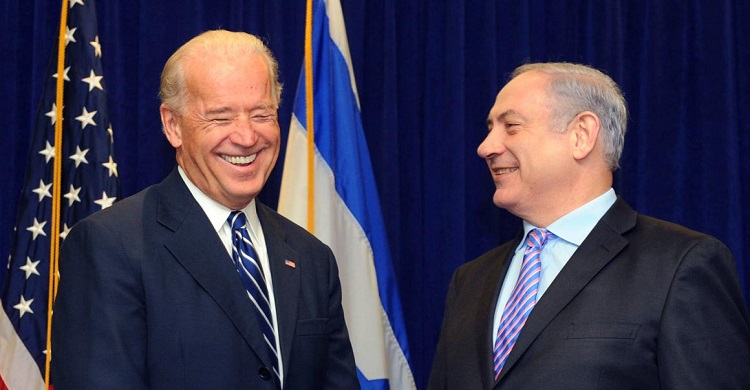
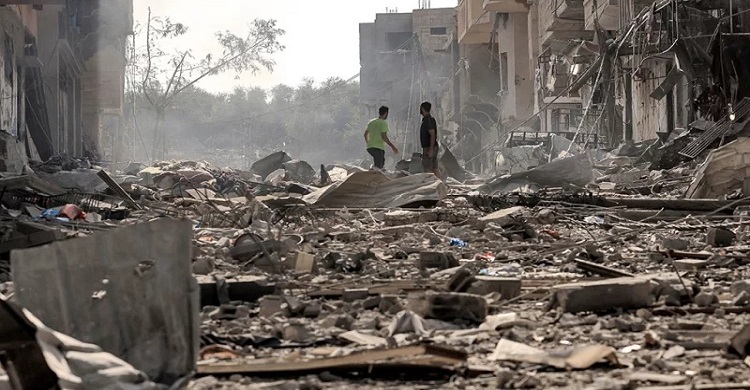
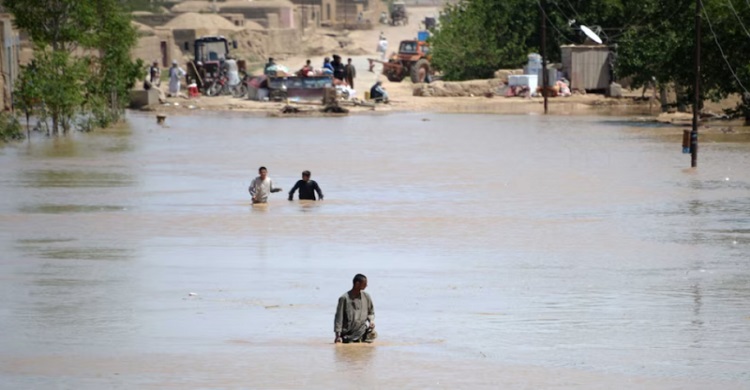
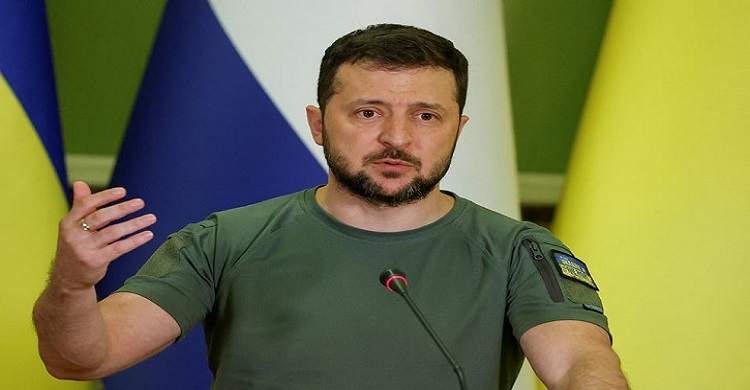

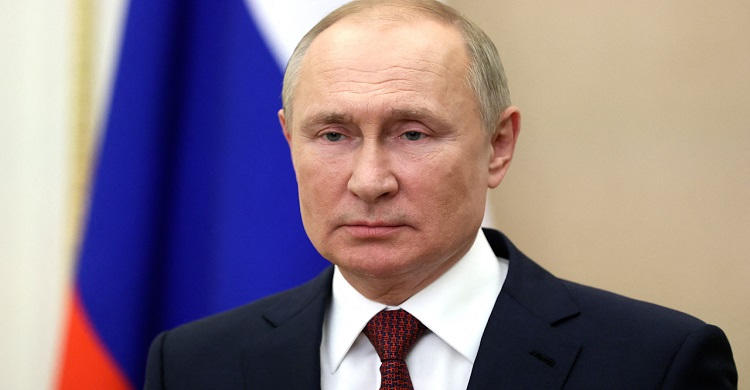
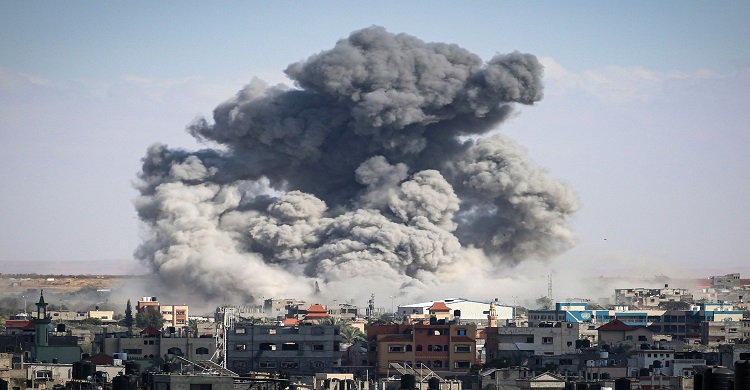
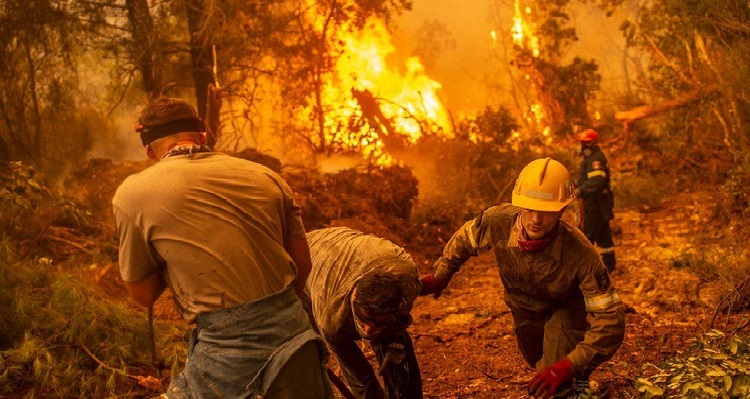
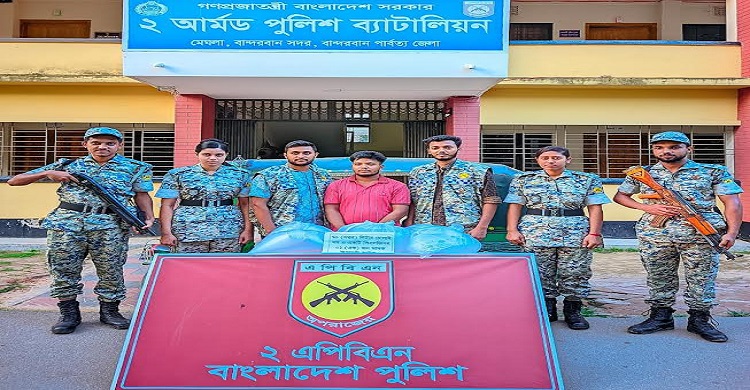
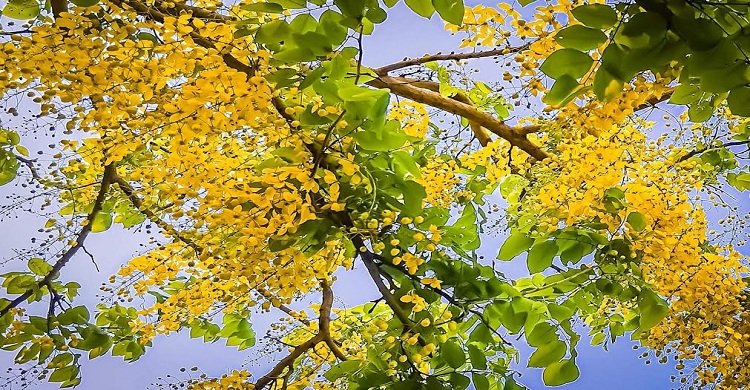






Comment ( 0)